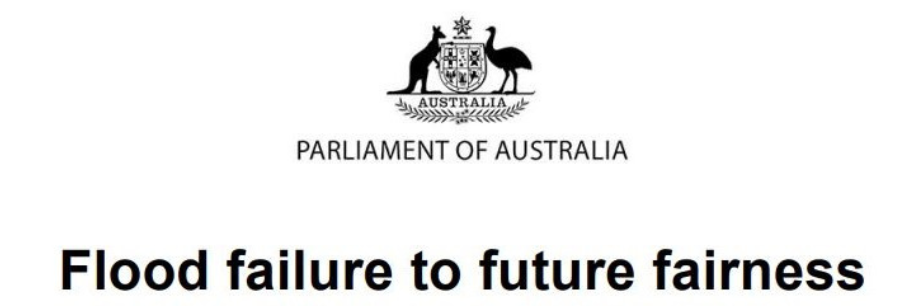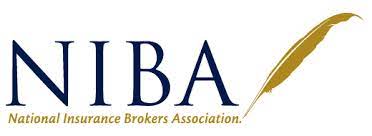NIBA Welcomes the Final Report of the Flood Inquiry
The House of Representatives Standing Committee on Economics recently released its final report, based on its inquiry into insurers' responses to the 2022 floods

The House of Representatives Standing Committee on Economics recently released its final report, based on its inquiry into insurers' responses to the 2022 floods.
NIBA welcomes the report, titled 'Flood Failure to Future Fairness,' which includes several key recommendations to improve the insurance industry's responsiveness to natural disasters, enhance consumer protections, and ensure insurance affordability.
The final report has 86 recommendations. NIBA is committed to ensuring that insurance remains affordable and accessible for all Australians, and we strongly support the recommendations that are geared towards achieving this outcome.
Some important recommendations to note are:
Providing guidance on averaging provisions: The report recommends that insurance brokers and insurers provide clear guidance on how averaging provisions operate, especially to small and medium-sized businesses. This will help these businesses better understand how averaging might affect claim payouts. The report also recommends that averaging provisions be prohibited for small businesses altogether.
Clearer communication around premium pricing and claims management: The report urges the Australian Government to investigate ways to simplify how insurers explain and communicate premium pricing to consumers. It also recommends that insurers provide more clarity about the next steps after filing a claim.
Reforming emergency service levies: The report recommends that NSW and Tasmanian governments should reform existing emergency service levies to enhance insurance affordability and increase insurance uptake.
Identifying and supporting vulnerable customers: The report recommends that ASIC review how insurers identify vulnerable policyholders. Several recommendations revolve around uplifting standards for insurers to better identify and support vulnerable policyholders through their claims journey.
Regulatory oversight: The report recommends that ASIC approve the General Insurance Code of Practice.
The report also cites NIBA's submission, which highlighted concerns about consumers in flood-prone locations experiencing increasingly unaffordable premiums when they are the most likely to be unable to afford the insurance.
Earlier, NIBA had welcomed the NSW government's announcement to reform the Emergency Services Levy (ESL). This step aligned with NIBA's longstanding advocacy for a fair and sustainable emergency services funding model. NIBA has been a vocal advocate for ESL reform, recognising that the current model disproportionately penalises responsible property owners who invest in insurance.
The 2022 Insurance Brokers Code of Practice (the Code) requires insurance brokers to proactively identify and support vulnerable clients as part of their commitment to the Code and to ensure the highest standards of professionalism. NIBA has also released an Identifying and Supporting Vulnerable Clients Guide that members can access to assist in client conversations.
NIBA looks forward to working closely with the government, industry and other key stakeholders around the relevant recommendations for the broking profession that have emerged from this report. As the voice of the broking profession, NIBA is committed to ensuring that insurance brokers continue to play an important role in working with insurers as trusted partners, serving Australian families, businesses and communities to thrive.
